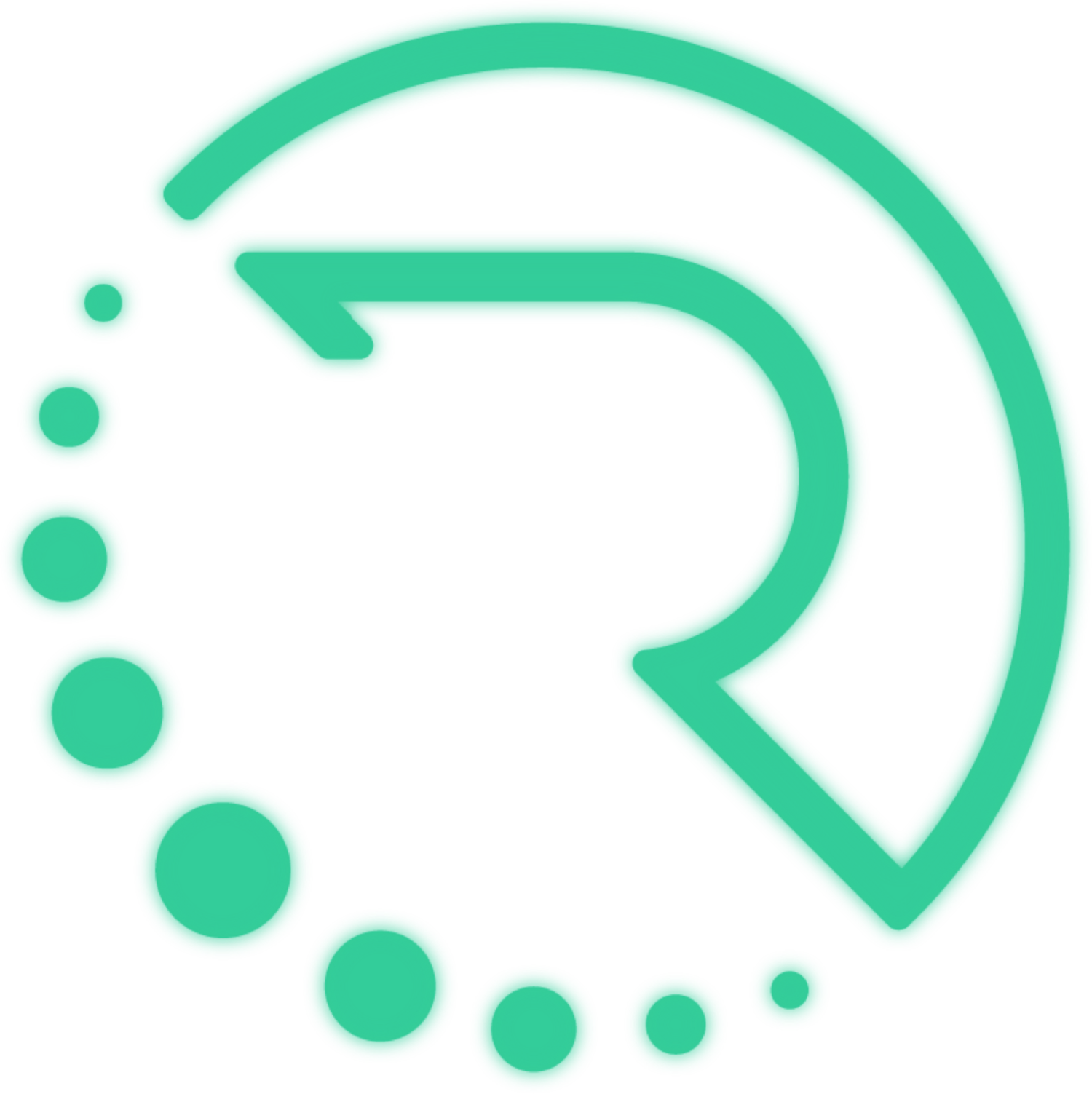Headaches and Physio
There are many different types of headaches. Some of the most common are tension headaches, migraine headaches, and cluster headaches.
Tension Headaches
Tension headaches are the most common type of headache. They are caused by tension and stress in the muscles of the neck and head.
There are a variety of treatment options for tension headaches. Some common treatments include over-the-counter medications such as ibuprofen or aspirin, relaxation techniques such as deep breathing or yoga, and massage therapy. In some cases, your doctor may prescribe medication to help relieve the tension headaches.
Deep neck flexor activation is a key component of physiotherapy for tension headaches. When the deep neck flexors are activated, they work to improve blood flow to the muscles in the head and neck, which can help to reduce tension and stress. There are a number of exercises that can be used to activate the deep neck flexors, including head nods, chin tucks, and shoulder shrugs.
Migraine Headaches
Migraine headaches are a type of headache that is often characterized by a pulsing sensation and moderate to severe pain. They can sometimes be accompanied by nausea, vomiting, and sensitivity to light and sound. Migraines can be caused by a variety of factors, including stress, allergies, hormones, and certain foods.
There are a number of physiotherapy treatment techniques that can be used to help relieve migraine headaches. Some of the most effective techniques include cervical traction, massage therapy, and biofeedback.
Cervical traction is a type of treatment that involves gently stretching the neck muscles and spinal cord. This can help to relieve tension in the muscles and improve blood flow to the area. Cervical traction may be recommended if you experience regular migraines, neck pain, or tension headaches.
Massage therapy is another effective treatment for migraine headaches. Massage therapy can help to relax the muscles and improve blood flow to the area. It can also help to reduce stress and tension, which can trigger migraines.
Biofeedback is a technique that helps you learn how to control certain bodily functions, such as heart rate, muscle tension, and blood pressure. Biofeedback may be recommended if you are struggling to control your stress levels and this is contributing to your migraines.
One of the most important components of treatment for migraines is identifying and avoiding potential triggers. Triggers can vary from person to person, so it is important to track your own personal triggers. Common triggers include stress, lack of sleep, exposure to light or noise, and certain foods.
If you experience frequent migraine headaches, your doctor may recommend preventive medications. These medications help to reduce the number of migraines you experience and can be taken on a daily basis.
There are also a number of surgical options available for people who struggle with severe migraines that do not respond to traditional treatment methods. One such surgery is called a “botulinum toxin injection” which involves injecting a substance into the head and neck muscles to help relieve tension and pain.
There are also a few things that you can do to help prevent migraines from occurring. Some common prevention tips include avoiding triggers such as stress, caffeine, and alcohol, and practicing relaxation techniques regularly.
Cluster Headaches
Cluster headaches are a type of headache that is considered rare. They usually occur in clusters, meaning that there is a series of headaches that happen over a short period of time. The cause of cluster headaches is unknown, but some experts believe that they may be caused by changes in the brain’s blood vessels.
There are a number of treatment options available for people who struggle with cluster headaches. Some of the most effective treatments include injections and medications.
Injections are a common treatment for cluster headaches. These injections involve injecting a substance into the head and neck muscles to help relieve tension and pain.
Medications are also often used to treat cluster headaches. There are a number of different medications that can be used, depending on the individual’s needs. Some common medications include triptans, ergotamines, and opioids.
If you experience frequent cluster headaches, your doctor may recommend preventive medications. These medications help to reduce the number of cluster headaches you experience and can be taken on a daily basis.
There are also a few things that you can do to help prevent cluster headaches from occurring. Some common prevention tips include avoiding triggers such as stress, caffeine, and alcohol, and practicing relaxation techniques regularly.
If you think you are experiencing any of these types of headaches, please come to see us at the clinic so we can help to diagnose which headaches it might be. Then help guide you to a treatment/ management plan tailored to you.
